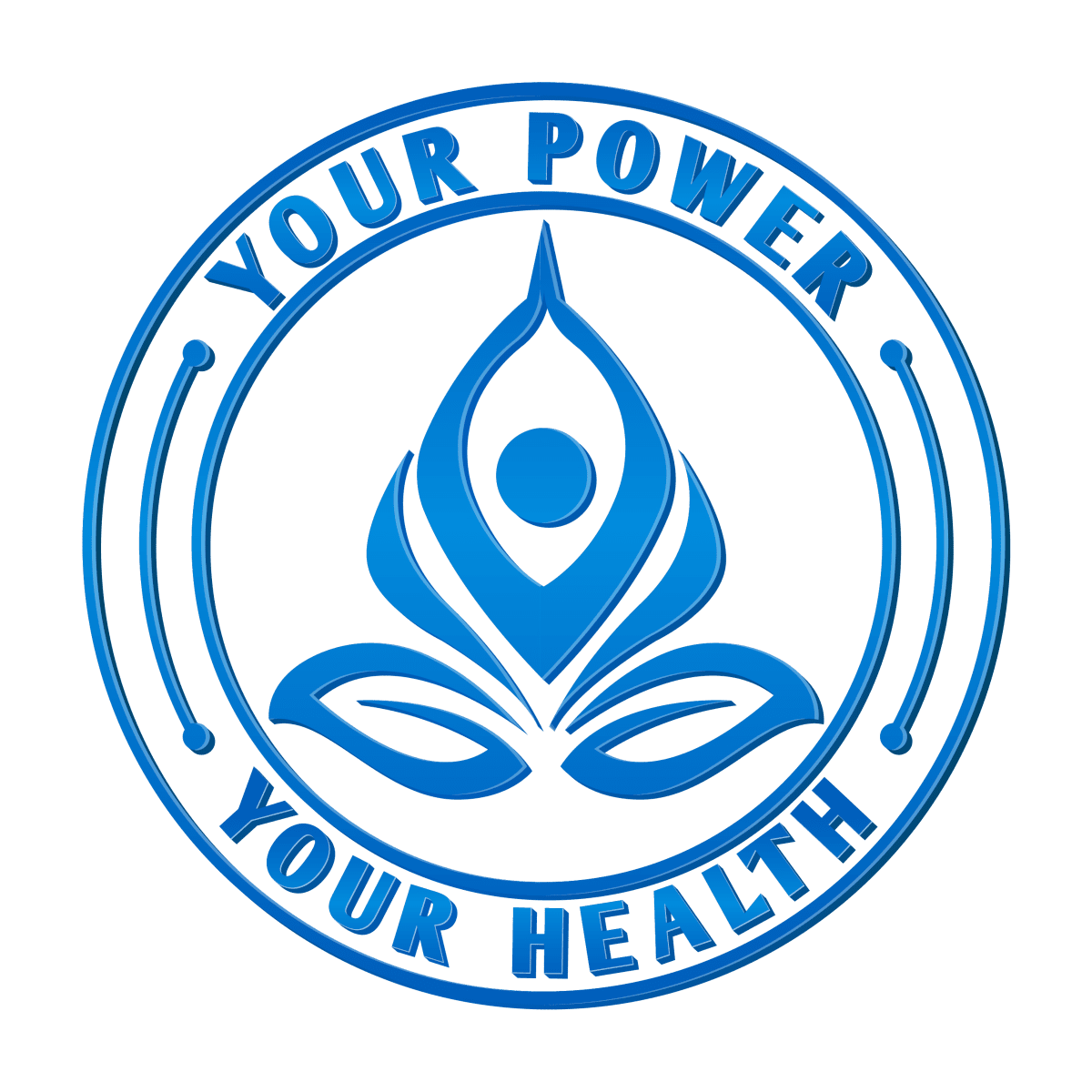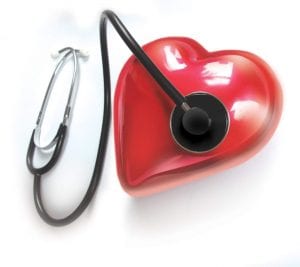Know The Signs Know The Risks
Did you know that one in four deaths worldwide are due to heart disease? More people die of heart disease than of all forms of cancer combined. Approximately 735,000 people in America have heart attacks every year of which about 210,000 are repeat events.
A heart attack is different from cardiac arrest. A heart attack is a condition that builds up over time eventually causing a stoppage in blood flow due to a blocked artery. On the other hand, sudden cardiac arrest is caused by an electrical problem and usually comes on without warning. Often when someone suffers sudden cardiac arrest, if they do not receive immediate treatment, they will die. A heart attack can cause cardiac arrest.
How do you know if you’re having a heart attack? There are several signs to look for in a heart attack:
- cold sweats and dizziness – this can be a sign for other serious conditions but in the event of a heart attack, the brain may not be receiving all the blood it needs to function properly, causing the symptoms
- chest pressure – this is the symptom, also called angina, most people attribute to a heart attack and can also be mistaken for indigestion. When the pressure continues to increase and become constant, it could mean the heart is not receiving an adequate supply of oxygenated blood
- weakness, nausea, jaw pain – these are all signs that a heart attack is in the making and that blood flow through the whole body is diminished
- flu-like symptoms – symptoms mimicking the flu like fever, fatigue and chest pain that lasts for several days could be an indicator of an impending heart attack
- chronic fatigue – the feeling of constant sluggishness, loss of energy and tiredness is a sign of clogged arteries that can result in a heart attack
- shortness of breath – when your lungs don’t receive adequate blood supply due to a blockage, the brain doesn’t get enough oxygen causing shortness of breath and indicating the risk of heart attack
- insomnia – lack of sleep can cause a rise in blood pressure, eventually causing a heart attack
- stomach pain – constant or recurring abdominal pain, bloating and nausea can be signs of the onset of a heart attack or a warning sign of an oncoming attack
For women, the symptoms don’t always feel as dramatic as they do for men. Women will feel burning (as was the case with my event) rather than pain, pain in other areas like the jaw (again my symptom), neck, back, throat, or side body. There may also be the feeling of light-headedness, fatigue and nausea and it may be unclear where the pain is originating from.
How do you know if you are at risk? There are many risk factors that you may already be familiar with:
- overweight/obesity
- sedentary lifestyle
- poor eating habits
- diabetes
- high blood pressure
- high cholesterol
- smoking
- eating disorders
- personal history of previous event
- excessive alcohol consumption
If you believe you or someone nearby is having a heart attack, call 911. Do not attempt to take them to the hospital on your own. If they go into cardiac arrest en route to the hospital, they are more likely to survive if they are with trained ambulance personnel who have to equipment and the expertise to successfully intervene until they can get to the emergency room. They are also more likely to get the person to the hospital more quickly.
Prevention is always a better alternative to treatment so maintaining a healthy lifestyle does a great deal to help prevent a cardiac event. I work with people to improve their lifestyle and reduce risk of lifestyle related diseases like heart disease.
As a health coach, I work with women who are facing serious health challenges like heart disease, metabolic syndrome and diabetes or who have been diagnosed as having a precursor to a serious health issue such as high blood pressure, high cholesterol or high blood sugar. I help them make food and lifestyle changes so they can get healthy, live longer and enjoy a fuller, happier, more energetic life. If you would like to have a free consultation about the health challenges you have and the improvements you would like to see in your health, click here to schedule a no strings attached call.

